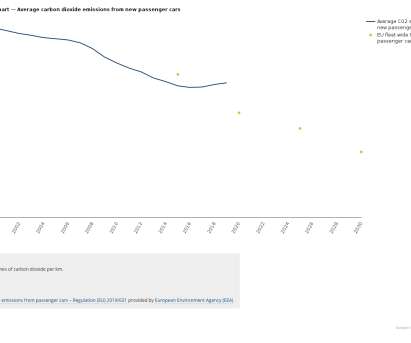Renewable-methanol fueled Geely cars in fleet testing in Iceland; 70% reduction in WTW CO2 compared to gasoline
Green Car Congress
DECEMBER 12, 2017
For the last 18 months, a fleet of 6 methanol-fueled versions of the Geely Emgrand 7 cars have been in Iceland. Among drivers testing the vehicles were CRI staff and members of the Icelandic Automobile Association as well as several local service providers in the auto industry. Geely is a shareholder ($45.5-million Earlier post.).













Let's personalize your content